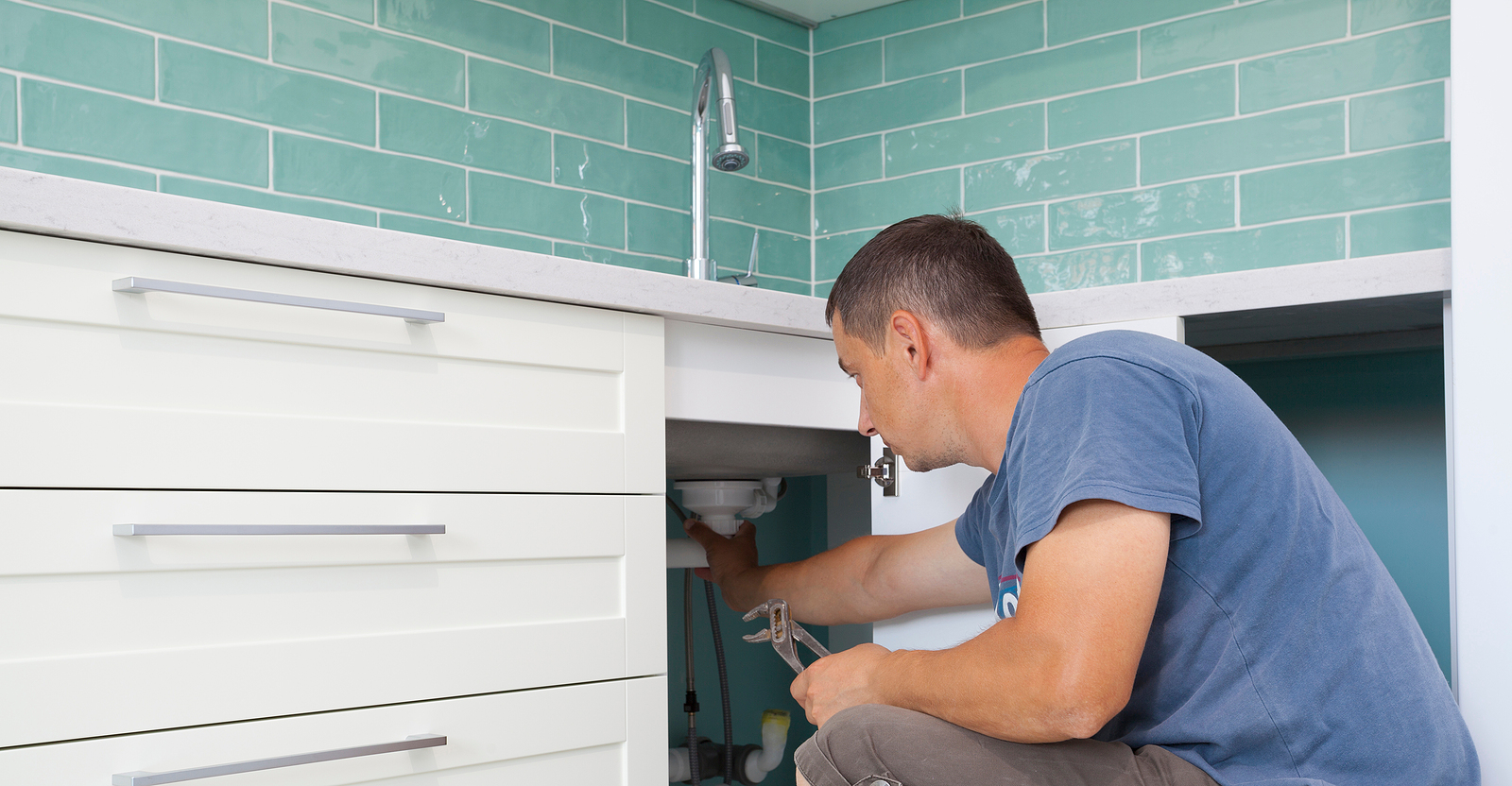
Plumbing is a marvel of modern engineering. It allows us to harness the power of water and use it for various essential functions within our homes. From the flushing of toilets to the steady stream from our taps, the magic of plumbing ensures our comfort and convenience daily. But have you ever stopped to think about the intricate systems behind the scenes? This article delves into the wonders of modern plumbing and its critical role in our daily lives.
The History of Plumbing
The history of plumbing dates back to ancient civilizations such as the Greeks, Romans, Persians, and Indians. These communities had developed intricate systems for delivering water to cities and removing wastewater. The famous Roman aqueducts, for instance, are a testament to the incredible engineering feats of the past. Over the years, plumbing systems have evolved, becoming more efficient, reliable, and sustainable.
The Science Behind the Flow
One might think that water flow is straightforward, but the science behind it is quite intricate. Water pressure, for instance, ensures that the water flows steadily and at the right velocity. This pressure is achieved through a combination of gravity, pumps, and valves, working in harmony to ensure consistent water flow in our homes.
Modern-Day Plumbing Challenges
As with every system, modern plumbing is not without its challenges. One major issue that homeowners face is blocked drains, often caused by grease, hair, or foreign objects. These blockages can lead to serious consequences if not addressed promptly, such as flooding or damage to the plumbing system. Another common challenge is water leakage. These leaks, if not detected early, can lead to mould growth and structural damage to homes. Regular maintenance and routine checks can help homeowners address these issues before they escalate.
Plumbing Innovations
Technological advancements have introduced several innovations to the world of plumbing. Touchless faucets, for example, have gained popularity in recent years due to their ability to save water. These faucets use sensors to detect hand movement, releasing water only when needed. Another fascinating innovation is the smart water heater, which allows homeowners to control water temperature remotely. These heaters are energy efficient and can result in significant cost savings.
Within the realm of plumbing, Canberra’s top-tier services have consistently stood out for their commitment to employing the latest technological advancements. Their approach ensures that residents receive the best possible solutions, tailored to their unique needs.
The Environmental Aspect
Modern plumbing also plays a pivotal role in conserving the environment. Efficient plumbing systems help in reducing water wastage. Innovations like dual-flush toilets, low-flow showerheads, and aerated faucets contribute to water conservation, leading to significant savings in water bills and a reduced ecological footprint. Moreover, the use of greywater recycling systems allows homeowners to reuse wastewater for gardening or flushing toilets.
In Conclusion
Modern plumbing is an unsung hero in our daily lives. It not only ensures our comfort but also plays a crucial role in conserving the environment. As we continue to seek ways to make our lives more sustainable and eco-friendly, it’s essential to appreciate the significance of modern plumbing systems. And while the intricacies of plumbing might seem overwhelming, understanding its basics can empower homeowners to make informed decisions, ensuring the longevity and efficiency of their systems. So next time you turn on your tap or flush your toilet, take a moment to appreciate the marvel of modern plumbing. And if you ever face plumbing challenges, remember to consult with professionals, ensuring the best solutions for your home. For more insights into the world of plumbing, consider exploring the history of water systems online, which offers a comprehensive look at the evolution of plumbing over the centuries.